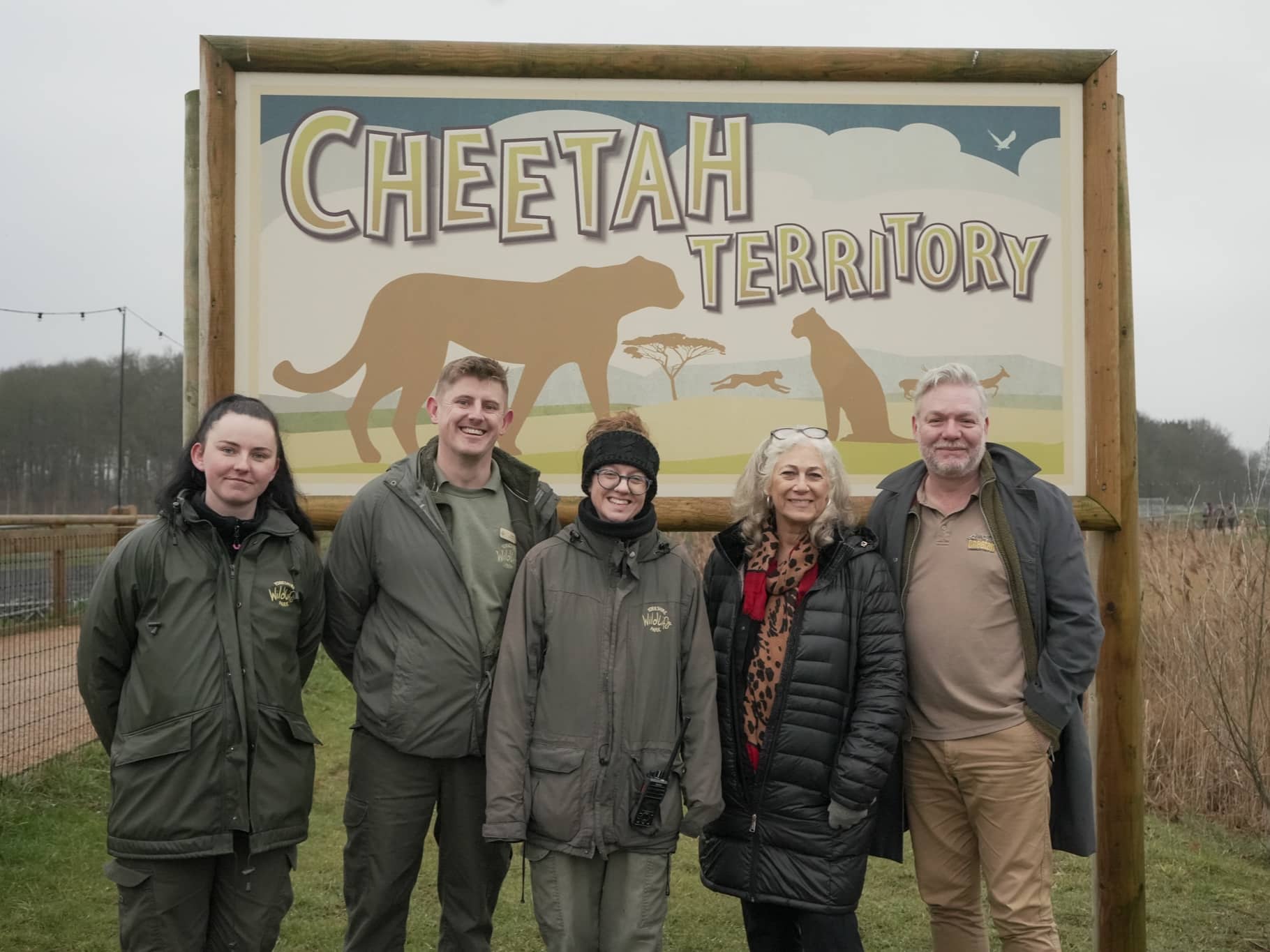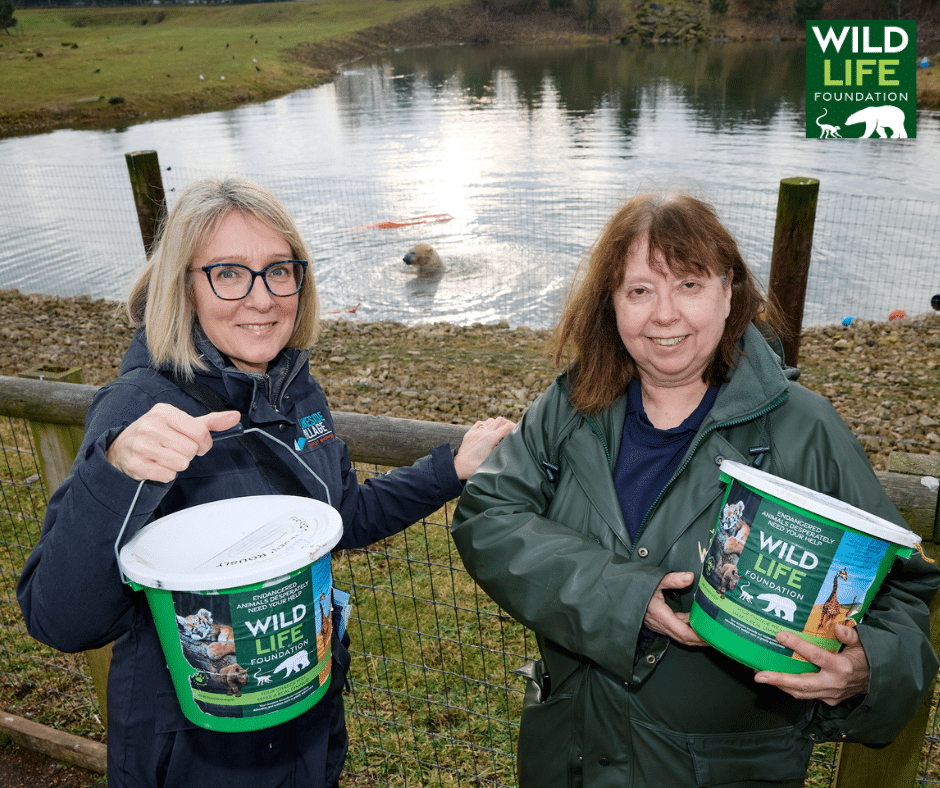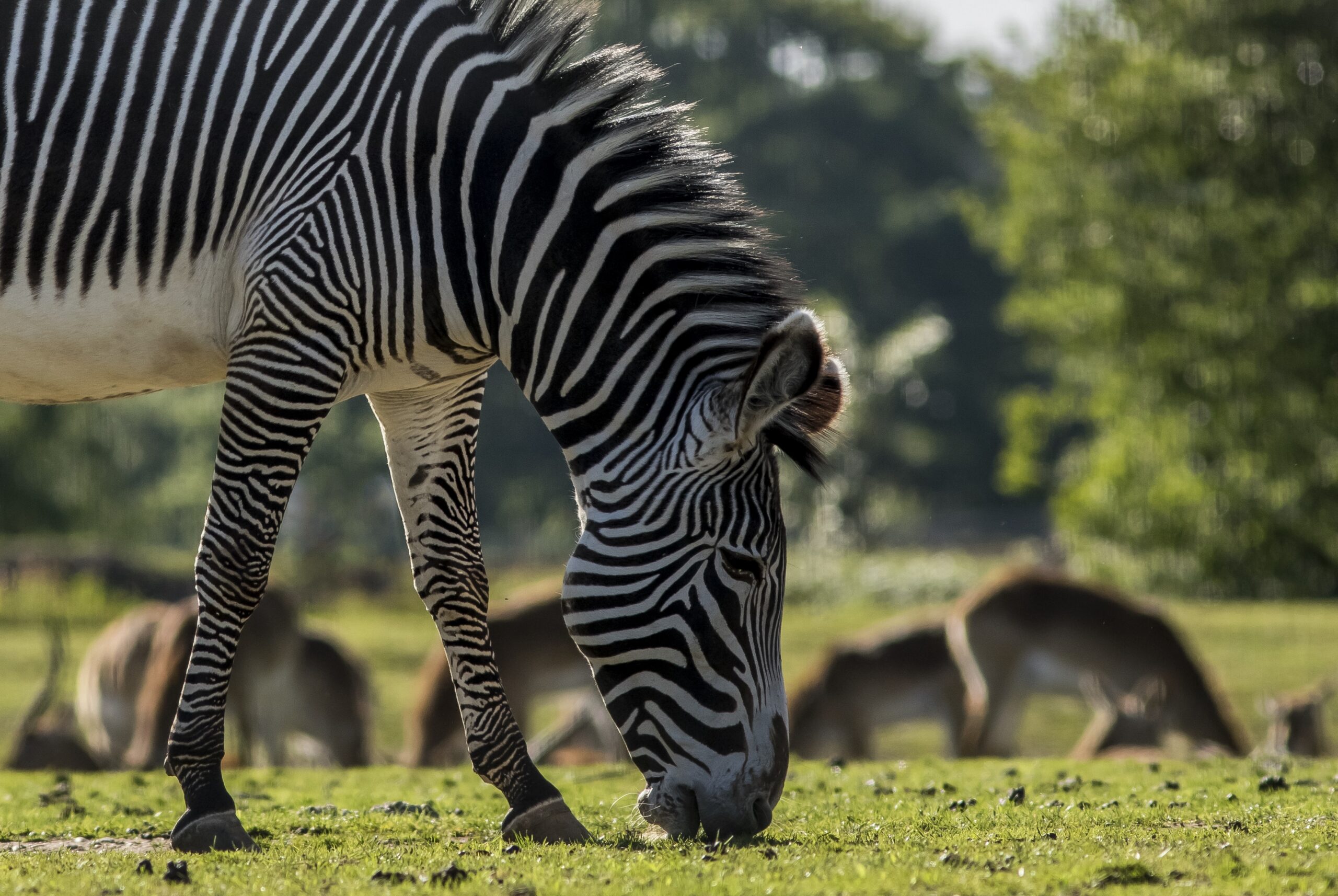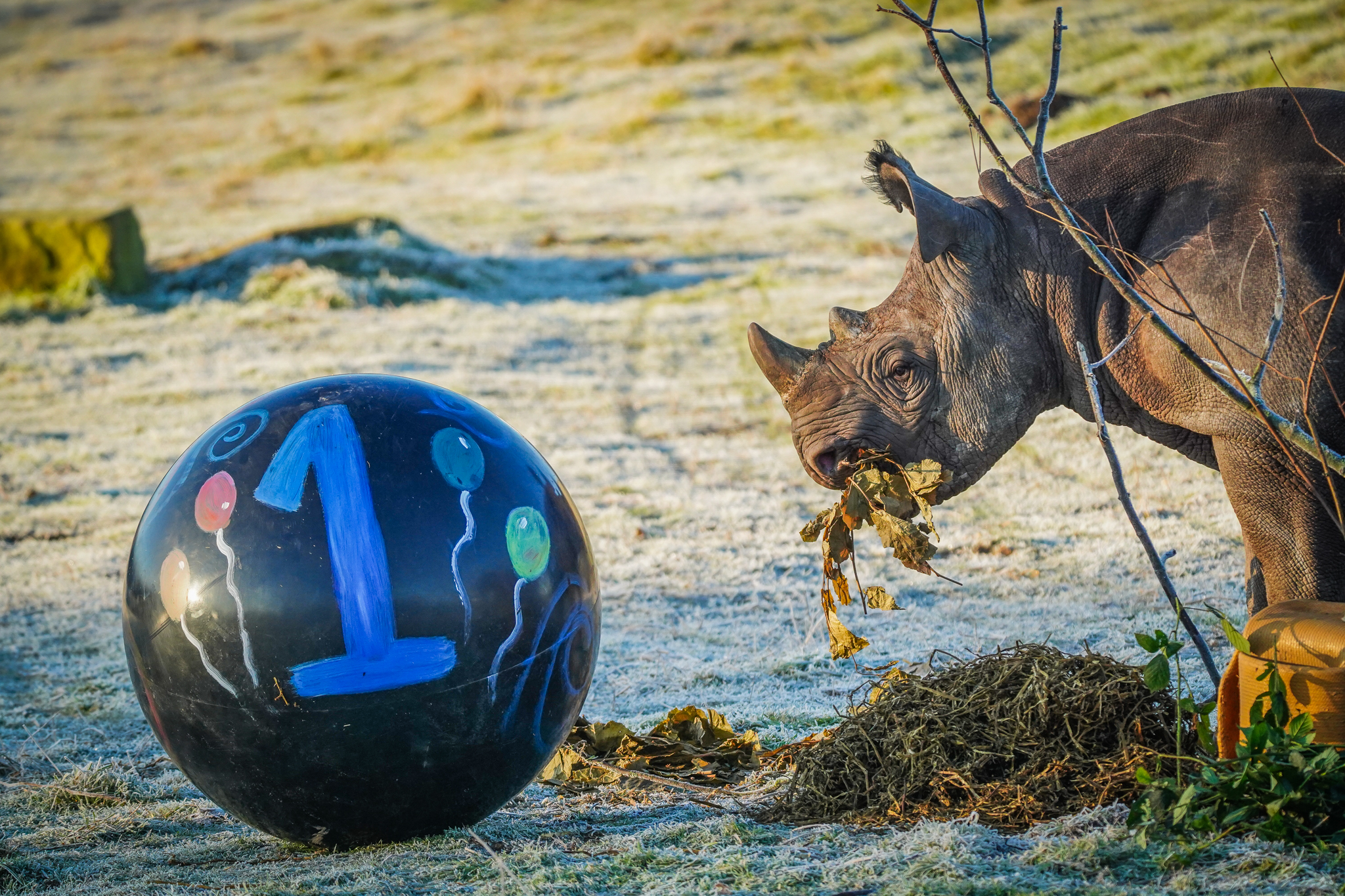A rare Amur Tigress has taken the next steps to save her species as she was returned to the wild after 14 months of rehabilitation. Filippa, who was four-months-old and close to starvation when she was found, is now strong and able to hunt on her own thanks to work at a tiger reserve in Russia.
WildLife Foundation has worked closely with the Amur Leopard and Tiger Alliance (ALTA) since 2012 fundraising for various projects and providing a grant of £18,000 to the Alekseevka rescue and rehabilitation centre, which helped Filippa on her road to recovery.
The journey from emaciated orphan to healthy tigress is a long one and vital as numbers have dwindled to just 450 in the wild. Filippa was released in a carefully selected area just as the snow had melted when it is easiest for tigers to hunt without the need to approach populated areas.
She has a GPS collar, which she has become accustomed to, so her movements can be monitored to ensure she adapts well in the new habitat.
The centre’s mission has been helped by donations and grants given to ALTA by the WildLife Foundation, which is based at the award-winning Yorkshire Wildlife Park, at Branton, near Doncaster.
The park is home to Amur Tigers, where parents Vlad and Tschuna and cubs Hector, Hope and Harley born almost two years ago have been firm favourites with visitors. The cubs’ birth was caught on CCTV and attracted YouTube audiences of more than five million. Donations from visitors at Land of the Tigers and at fundraising events such as Global Tiger Day help tiger conservation.
“It is wonderful to see that Filippa is back in the wild and we are proud to have played a part in supporting the centre with ALTA ,” says Cheryl Williams, WildLife Foundation Trustee. “These are beautiful animals and visitors love to see them at the park but we all need to work hard to ensure they survive in the wild. The population of all wild tigers has fallen from 100,000 to 3,000 over the last century because of disappearing habitats and poaching.”
“Filippa has mastered her hunting skills during the rehab and we hope she will adapt well in her new habitat,” said a spokesman at the centre. “A total of seven tigers have now been released into the wild after rehabilitation to rebuild the species population in the Russian Far East.”











